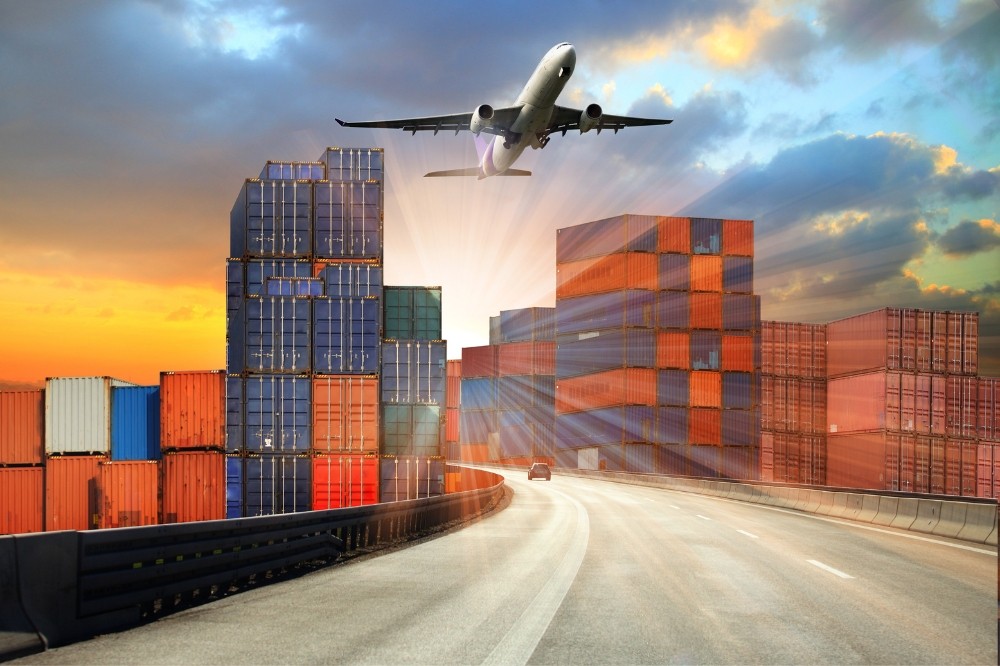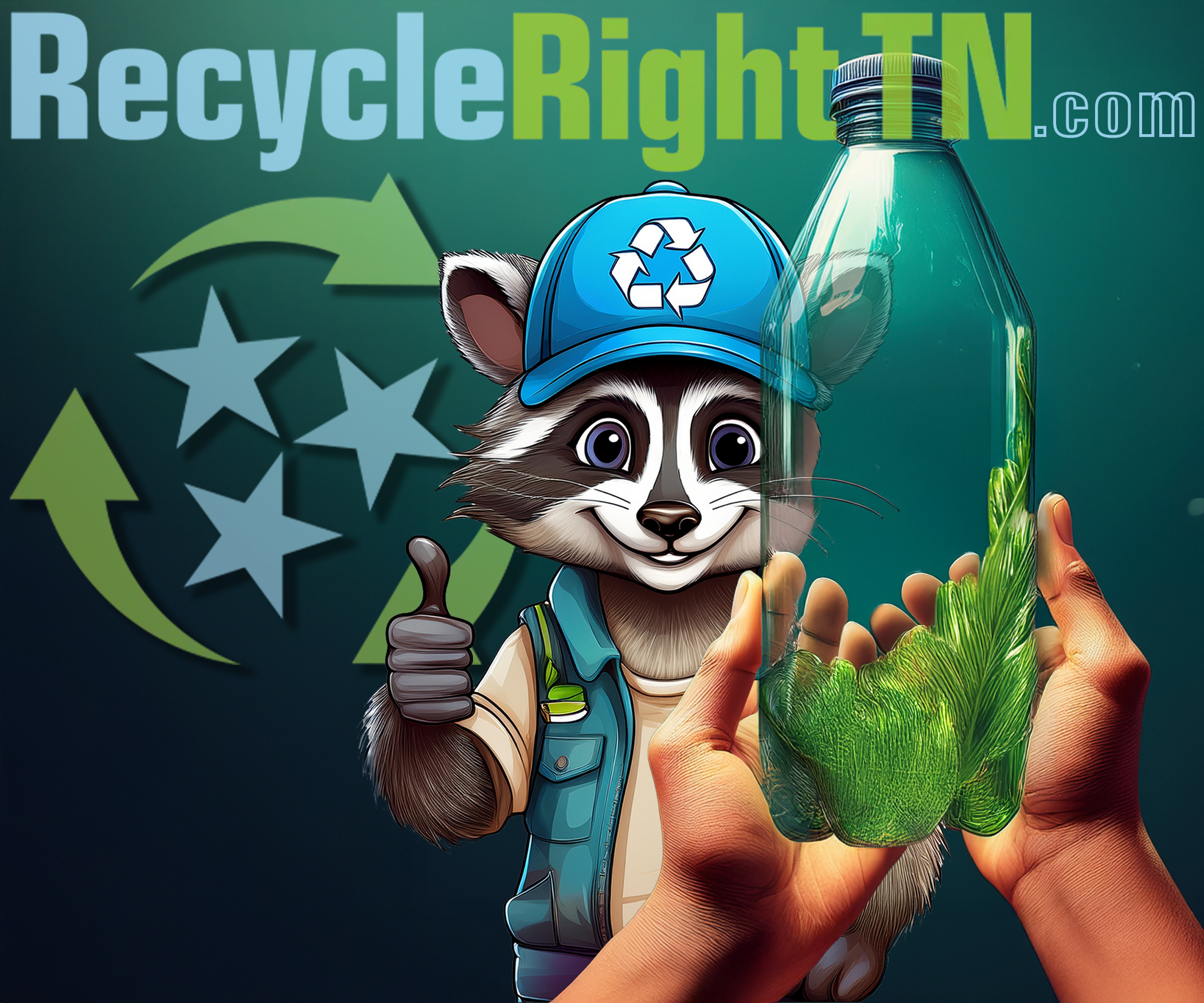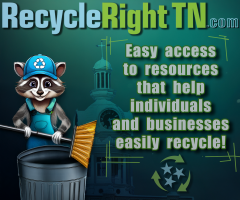In today’s fast-paced digital economy, running a successful online store depends on much more than having a great website and quality products. One of the most critical—and often overlooked—aspects of e-commerce is logistics. From timely delivery and order accuracy to inventory management and customer satisfaction, your logistics partner plays a vital role in your overall success.
Choosing the right e-commerce logistics partner isn’t just a matter of cost—it’s about building a reliable backbone for your e-commerce operations. This article explores what to look for when selecting a logistics partner and how to make a decision that aligns with your brand’s growth and customer expectations.
Why Choosing the Right Logistics Partner Matters
For online retailers, customer experience doesn’t end at checkout. In fact, the logistics process—from order fulfillment to delivery—is where brands have the opportunity to impress or disappoint. A reliable logistics partner can help you:
-
Ensure faster, on-time deliveries
-
Improve customer satisfaction and loyalty
-
Reduce shipping and operational costs
-
Scale efficiently during growth or peak seasons
-
Access advanced technology for tracking and analytics
On the flip side, a poor logistics partner can result in delays, lost orders, damaged goods, and unhappy customers—hurting your brand’s reputation and bottom line.
1. Assess Your Business Needs
Before approaching potential logistics providers, take time to evaluate your specific requirements. Consider:
-
Order Volume: How many orders do you process per month?
-
Product Type: Are your products fragile, oversized, or perishable?
-
Target Markets: Are you shipping domestically, internationally, or both?
-
Storage Needs: Do you need warehousing or fulfillment services?
-
Technology Requirements: Do you need integration with your e-commerce platform or real-time tracking?
By understanding your logistics demands, you can better identify providers that specialize in your type of business.
2. Choose Between In-House and 3PL
Depending on your resources and goals, you may consider:
-
In-House Logistics: You manage storage, packaging, and shipping internally. Suitable for startups with limited orders or those wanting full control over branding and customer experience.
-
Third-Party Logistics (3PL): A specialized logistics company handles your fulfillment and shipping. Ideal for growing businesses seeking to scale, reduce costs, or streamline operations.
Many e-commerce brands find that partnering with a reliable 3PL provider like Scanwell Logistics helps them expand reach, improve delivery speed, and focus on core business functions.
3. Evaluate Their Experience and Reputation
Look for a logistics partner with a proven track record in e-commerce fulfillment. Experience in handling similar products or industries can be a huge advantage. Key factors to assess include:
-
Years in business
-
Client references and case studies
-
Online reviews and industry reputation
-
Success stories in handling peak seasons or large-scale operations
An experienced logistics partner is better equipped to anticipate challenges, suggest process improvements, and deliver consistent service.
4. Check Network and Coverage
Geographic reach is critical. The logistics provider should have:
-
Fulfillment centers near your customers to reduce delivery times
-
International shipping capabilities if you sell globally
-
Carrier partnerships to offer multiple shipping options and better rates
Scanwell Logistics, for example, operates in over 67 locations worldwide, offering extensive regional and global coverage, ensuring your products reach customers efficiently and cost-effectively.
5. Technology and Integration
Modern logistics is driven by technology. Your logistics partner should offer:
-
Order tracking systems for both you and your customers
-
Inventory management software to avoid stockouts or overstocking
-
Seamless integration with your e-commerce platform (e.g., Shopify, WooCommerce, Magento)
-
Data analytics for shipping trends, cost analysis, and performance tracking
This tech integration saves time, reduces human error, and improves the overall customer experience.
6. Understand Their Pricing Structure
Transparent and flexible pricing is essential. A good logistics partner will clearly explain their pricing model, which may include:
-
Storage fees
-
Pick and pack charges
-
Shipping costs
-
Customs and duty fees (for international shipments)
-
Returns management costs
Compare costs across different providers, but avoid choosing based solely on the lowest price. A cheaper partner may lead to higher long-term costs due to delays, lost orders, or poor service.
7. Scalability and Flexibility
Your logistics partner should be able to grow with you. As your business expands, so should their capacity to handle more inventory, higher order volumes, and more complex logistics needs.
Ask them:
-
Can they manage seasonal spikes in orders?
-
Can they support new product launches or regional expansions?
-
Are they flexible with changing order volumes?
A scalable logistics partner helps you grow without sacrificing performance or customer satisfaction.
8. Returns Management
Efficient returns processing is a key part of e-commerce logistics. Your partner should offer:
-
Hassle-free return shipping options
-
Real-time return tracking
-
Restocking and quality inspection services
-
Customer communication tools for return confirmations and refunds
An effective returns process builds customer trust and encourages repeat purchases.
9. Customer Service and Communication
Great logistics goes hand-in-hand with responsive customer support. Your logistics provider should be easy to reach and able to resolve issues promptly.
Look for:
-
Dedicated account managers
-
24/7 support availability
-
Clear escalation procedures
-
Proactive communication about delays, inventory issues, or disruptions
Strong communication ensures smooth operations and allows you to keep customers informed in real time.
10. Industry Certifications and Compliance
Make sure your logistics provider complies with industry standards and regulations. Look for certifications such as:
-
ISO 9001 for quality management
-
GDPR compliance if dealing with EU customers
-
Customs compliance for international shipments
-
Environmental standards if sustainability is part of your brand values
Compliance and accountability reduce legal risks and enhance trust.
Final Thoughts: Partnering for Long-Term Success
Your logistics partner should not just be a service provider, but a strategic ally. The right partner will help you create a seamless post-purchase experience, reduce costs, and support your growth goals.
Scanwell Logistics is a trusted name in global logistics, offering customized e-commerce fulfillment solutions that cater to businesses of all sizes. With advanced technology, scalable infrastructure, and a presence in over 67 locations worldwide, Scanwell helps online retailers deliver excellence across every order.
By choosing the right logistics partner, you're not just improving shipping—you're enhancing your entire customer journey. Take the time to assess, compare, and choose wisely. Your business—and your customers—will thank you.













